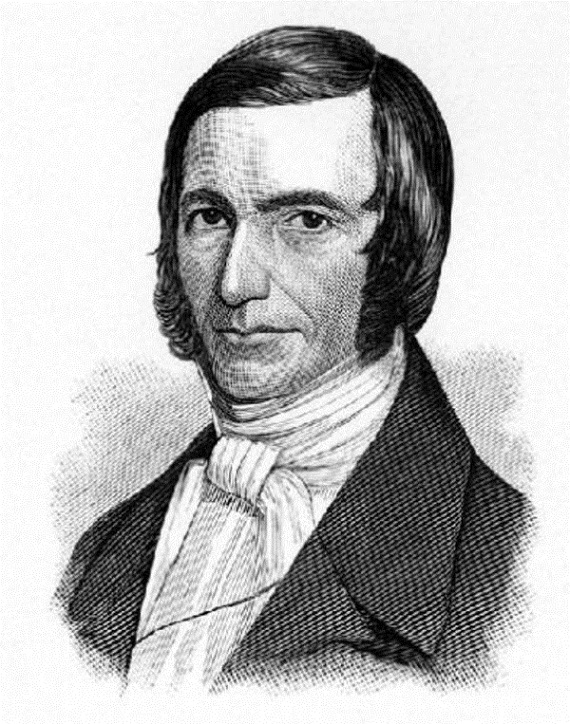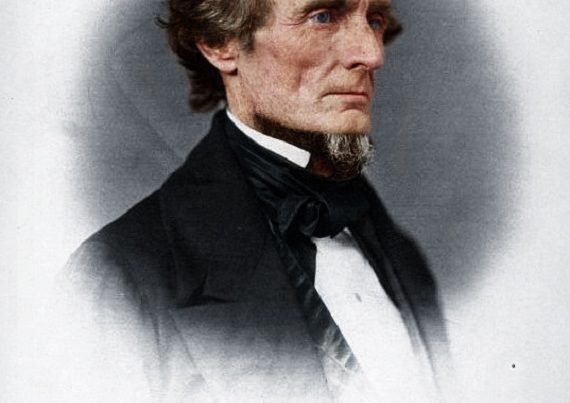Acclaimed in his time as the “Calhoun of the Church,” James Henley Thornwell was a prominent Presbyterian clergyman of South Carolina and one of the state’s greatest men in the nineteenth century. Like many Southerners, he cherished the Union, but came to accept the necessity of secession. Before he died in 1862, in one of his last writings, Our Danger and Our Duty, Thornwell presented an urgent, passionate appeal to Southerners to recognize the supreme importance of the Confederate cause, while prophetically warning of the dire consequences if that cause failed.
The case is as desperate with our enemies as with ourselves. They must succeed or perish. They must conquer us or be destroyed themselves. If they fail, national bankruptcy stares them in the face; divisions in their own ranks are inevitable, and their Government will fall to pieces under the weight of its own corruption. They know that they are a doomed people if they are defeated. Hence their madness. They must have our property to save them from insolvency. They must show that the Union cannot be dissolved, to save them from future secessions. The parties, therefore, in this conflict can make no compromises. It is a matter of life and death with both—-a struggle in which their all is involved…
If they prevail, the whole character of the Government will be changed, and instead of a federal republic, the common agent of sovereign and independent States, we shall have a central despotism, with the notion of States forever abolished, deriving its powers from the will, and shaping its policy according to the wishes of a numerical majority of the people; we shall have, in other words, a supreme, irresponsible democracy. The will of the North will stand for law…
We are fully persuaded that the triumph of the North in the present conflict will be as disastrous to the hopes of mankind as to our own fortunes. They are now fighting the battle of despotism. They have put their Constitution under their feet; they have annulled its most sacred provisions; and in defiance of its solemn guaranties they are now engaged, in the halls of Congress, in discussing and maturing bills which make Northern notions of necessity the paramount laws of the land. The avowed end of the present war is, to make the Government a government of force…
On the other hand, we are struggling for constitutional freedom. We are upholding the great principles which our fathers bequeathed us, and if we should succeed, and become, as we shall, the dominant nation of this continent, we shall perpetuate and diffuse the very liberty for which Washington bled, and which the heroes of the Revolution achieved. We are not revolutionists—we are resisting revolution. We are upholding the true doctrines of the Federal Constitution. We are conservative. Our success is the triumph of all that has been considered established in the past. We can never become aggressive; we may absorb, but we can never invade for conquest, any neighboring State. The peace of the world is secured if our arms prevail. We shall have a Government that acknowledges God, that reverences right, and that makes law supreme. We are, therefore, fighting not for ourselves alone, but, when the struggle is rightly understood, for the salvation of this whole continent. It is a noble cause in which we are engaged…
It cannot fail; it must not fail. Our people must not brook the infamy of betraying their sublime trust. This beautiful land we must never suffer to pass into the hands of strangers.







